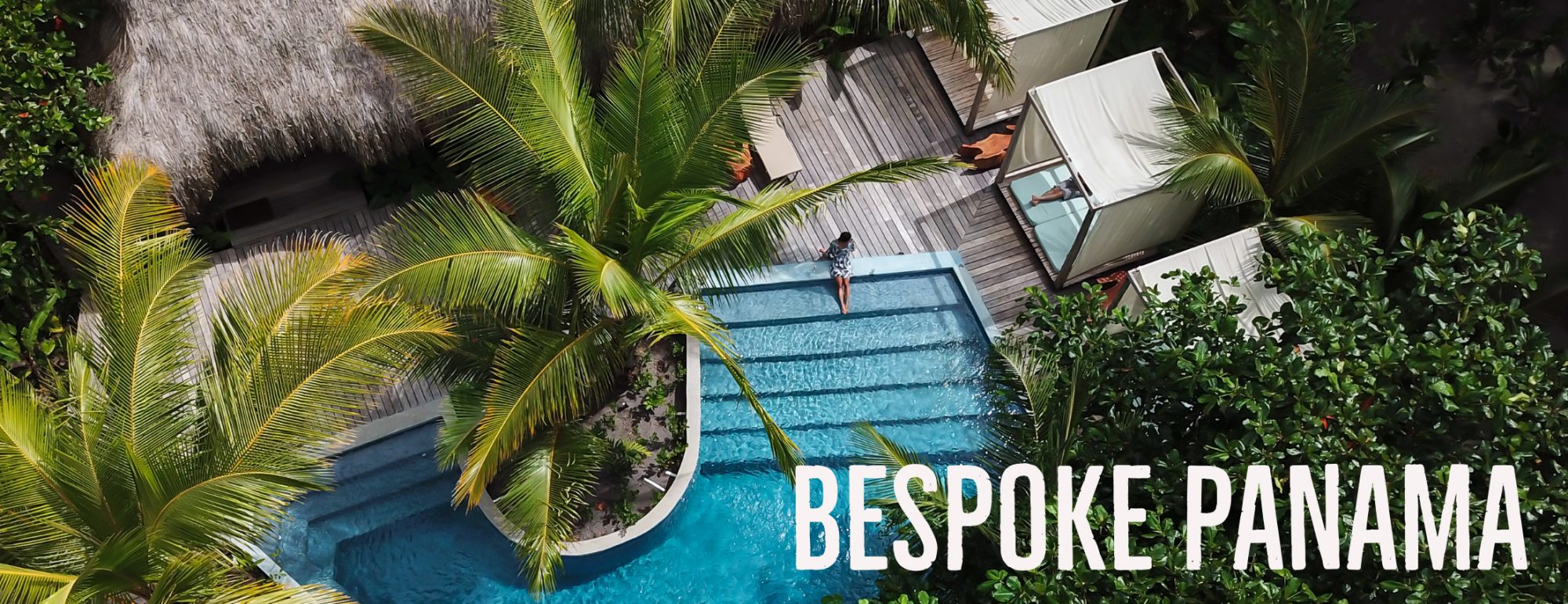From STI
Corals are actually animals! In fact, a single coral formation can be made up of THOUSANDS of tiny little animals called polyps, which are related to jellyfish. Together, polyps create beautiful corals of all shapes and sizes. Some build stony coral reefs, while others form soft corals that resemble bushes, feathers, and trees.

But corals are also extremely sensitive creatures. Something as simple as a change in water temperature or poor water quality can lead to their demise. The rise in climate change and other human impacts is putting coral reefs around the world in jeopardy. Scientists predict that up to 90% of all reefs could be gone by 2050 unless we reduce these impacts.
Coral reefs are the most biodiverse marine ecosystem. Though they cover less than 1% of the ocean floor, they are home to more than a quarter of all marine life.

Picture by Annie Young J.
If this disease continues to wreak havoc across the Mesoamerican Reef, there will be a ripple effect of consequences for marine life and communities. When coral health declines it can throw off the delicate balance of the entire ecosystem and cause fish populations to dwindle. As the reef becomes barren, local people that rely on the reef will need to find other sources of food and income. On top of this, coastal communities will be left exposed to the damaging impacts of waves and storms. And without calcium rich corals you can also bid farewell to white sandy beaches!

Needless to say, the loss of a reef system as expansive as the Mesoamerican Reef would be devastating at a time when coral reefs across the globe are struggling to survive.
Ways you can Help
- Use reef-safe sunscreens that don’t contain harmful chemicals such as oxybenzone and octinoxate that are toxic the reef. More information on how sunscreen affects coral reefs and which chemicals to avoid is available here.
- Don’t touch corals or other marine life. Maintaining proper buoyancy is an important skill to keep your fins or equipment from hitting the reef or seafloor.
- Disinfect your dive and snorkel gear between excursions by removing debris and sanitizing it with a 5-10% bleach solution. For sensitive equipment, use fresh water with antibacterial dish soap instead. Detailed instructions on how to safely decontaminate different types of gear are outlined here.
- Don’t litter and reduce plastic use to reduce the amount of debris that is contaminating the reef.
- Choose responsible dive operators, hotels, and other businesses that practice proper wastewater treatment and use environmentally friendly cleaning products and fertilizers.
From Sustainable Travel International



























